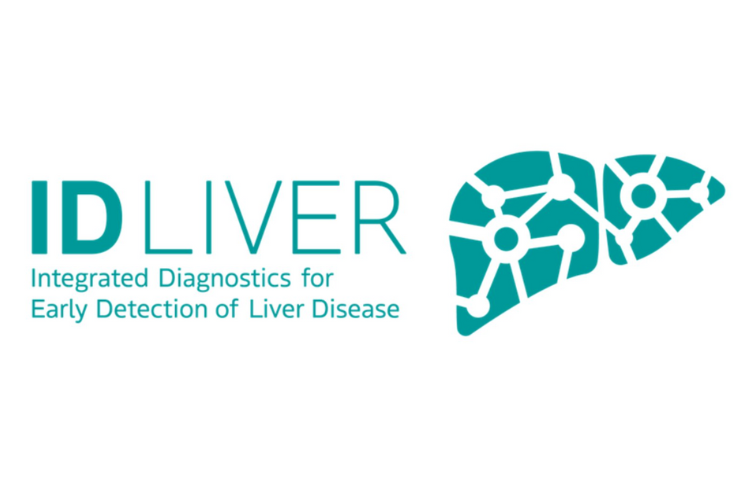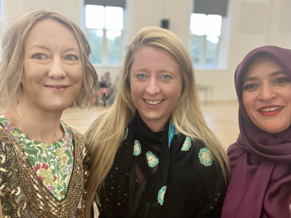
PPIE Award Highly Commended 2023: ID-LIVER
In this blog series we will be featuring our award winners and highly commended recipients from the Faculty’s ‘Outstanding Contribution to PPIE’ awards. Showcasing the inspirational and outstanding commitment to PPIE that has made a positive difference to our community and highlighting the amazing events, activities, people and groups from across the Faculty.
 Our next blog in this series will feature ‘Liver Talk’, a project which used audio recordings from public discussions to form the basis of an animation encouraging clinicians to have better conversations about liver disease risk. The team were highly commended in the Inclusivity category at the 2023 awards.
Our next blog in this series will feature ‘Liver Talk’, a project which used audio recordings from public discussions to form the basis of an animation encouraging clinicians to have better conversations about liver disease risk. The team were highly commended in the Inclusivity category at the 2023 awards.
Liver disease is the largest killer of people aged 35-49 and 90% of these deaths are preventable. Very common things increase our risk of liver disease, like diabetes, alcohol and being overweight. The current care pathway for liver disease is inadequate and around ¾ of patients have a late diagnosis.
The Integrated Diagnostics for Early Detection of Liver Disease (ID LIVER) project, led by the University, is developing improved liver care pathways to diagnose liver disease earlier; this is important because the liver can often recover with simple lifestyle changes. Through community conversations, the key priority the public identified was the lack of awareness about the things that increase our risk of developing liver disease.
From the outset, public governance advisers have been a central part of the ID LIVER team. With an increased risk for developing liver disease themselves, these public team members have role descriptions, inductions, training and ongoing support from VOCAL to help ensure active and meaningful involvement. Their roles focus on communication, both within the project and externally and working closely with community brokers and public contributors in the Liver Network.
Community brokers are people trusted in their community; they are supported to work as a research connector to meaningfully involve people who are often marginalised and underrepresented in research.
ID LIVER have worked in partnership with people with lived experience of drug or alcohol use, obesity, diabetes, people from South Asian communities, and those living in deprived neighbourhoods.
A governance adviser-led project ‘Liver Talk’ asked people at increased risk of developing liver disease what conversations they would like about their own risk. Peer-to-peer discussion audio recordings from this project have become an animation to help clinicians (and the public) have better conversations about liver disease risk.
The British Liver Trust hosts the animation on its website with a co-produced discussion guide. The animation aligns with NHS ‘Make every contact count’ initiative and can support training and Continuing Professional Development (CPD) for junior doctors and allied health professionals. It will also be shared with groups working with people at increased risk of developing liver disease.
 The Liver talk team have the chance to help thousands reduce their risk of developing liver disease. If more of the public is aware of the lifestyle factors associated with the disease, then they can make the necessary adjustments to reduce their disease risk.
The Liver talk team have the chance to help thousands reduce their risk of developing liver disease. If more of the public is aware of the lifestyle factors associated with the disease, then they can make the necessary adjustments to reduce their disease risk.
Find out more:
- ID LIVER Project
- Tackling Liver Disease
- Animation on Uncle Ginger
Follow ID LIVER on twitter:

0 Comments